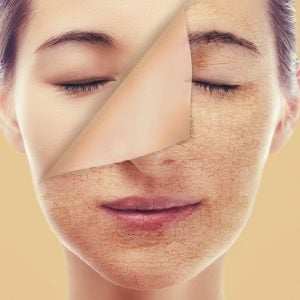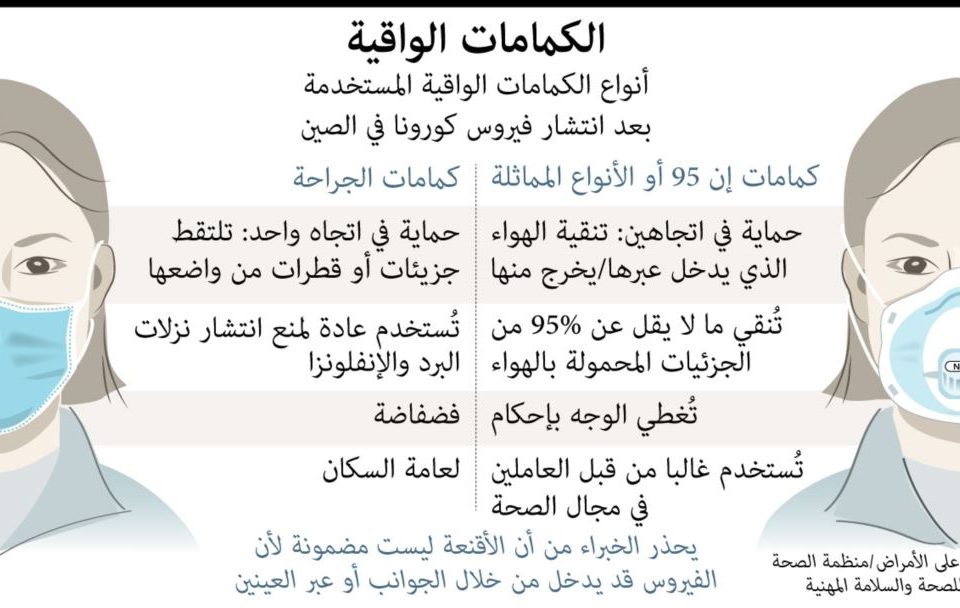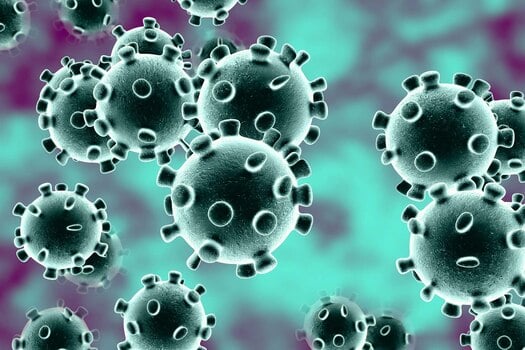
Anemia
January 27, 2020
Vaccination
January 27, 2020Dry skin !
Dry skin is an uncomfortable condition marked by scaling, itching, and cracking. It can occur for a variety of reasons. You might have naturally dry skin. But even if your skin tends to be oily, you can develop dry skin from time to time.
Dry skin can affect any part of your body. It commonly affects hands, arms, and legs. In many cases, lifestyle changes and over-the-counter moisturizers may be all you need to treat it. If those treatments aren’t enough, you should contact your doctor.
Types of dry skin
Exposure to dry weather conditions, hot water, and certain chemicals can cause your skin to dry out. Dry skin can also result from underlying medical conditions.
Dermatitisis the medical term for extremely dry skin. There are several different types of dermatitis.
Contact dermatitis
Contact dermatitis develops when your skin reacts to something it touches, causing localized inflammation.
Irritant contact dermatitis can occur when your skin’s exposed to an irritating chemical agent, such as bleach.
Allergic contact dermatitis can develop when your skin is exposed to a substance you’re allergic to, such as nickel.
Seborrheic dermatitis
Seborrheic dermatitisoccurs when your skin produces too much oil. It results in a red and scaly rash, usually on your scalp. This type of dermatitis is common in infants.
Atopic dermatitis
Atopic dermatitis is also known as eczema. It’s a chronic skin condition that causes dry scaly patches to appear on your skin. It’s common among young children.
Other conditions, such as psoriasis and type 2 diabetes, can also cause your skin to dry out.
Risk factors for dry skin
Dry skin can affect anyone. But some risk factors raise your chances of developing dry skin, including:
- Age. Older adults are more likely to develop dry skin. As you age, your pores naturally produce less oil, raising your risk of dry skin.
- Medical history. You’re more likely to experience eczema or allergic contact dermatitis if you have a history of these conditions or other allergic diseases in your family.
- Season. Dry skin is more common during the fall and winter months, when humidity levels are relatively low. In the summer, higher levels of humidity help stop your skin from drying out.
- Bathing habits. Taking frequent baths or washing with very hot water raises your risk of dry skin.
Treatment for dry skin
Your doctor’s recommended treatment plan will depend on the cause of your dry skin.
In some cases, they may refer you to a skin specialist or dermatologist. Along with lifestyle remedies, they may recommend over-the-counter or prescription ointments, creams, or lotions to treat your symptoms.
Lifestyle remedies
Simple lifestyle changes can help prevent and relieve dry skin. Try to:
- avoid using hot water to bathe or shower
- shower every other day instead of every day
- keep your shower time to less than 10 minutes
- use a moisturizing soap when you bathe or shower
- apply moisturizer immediately after bathing or showering
- pat, rather than rub, wet skin dry with a soft towel
- avoid itching or scrubbing dry skin patches
- use a humidifier in your home
- drink plenty of water
It’s also important to choose the right kind of moisturizer for your skin type. If your skin is extremely dry, look for a petrolatum-based product.
You might consider switching to a lighter, water-based lotion during the summer months if your skin becomes less dry then. Lotions that contain grapeseed oil and antioxidants can also help trap water in your skin.





